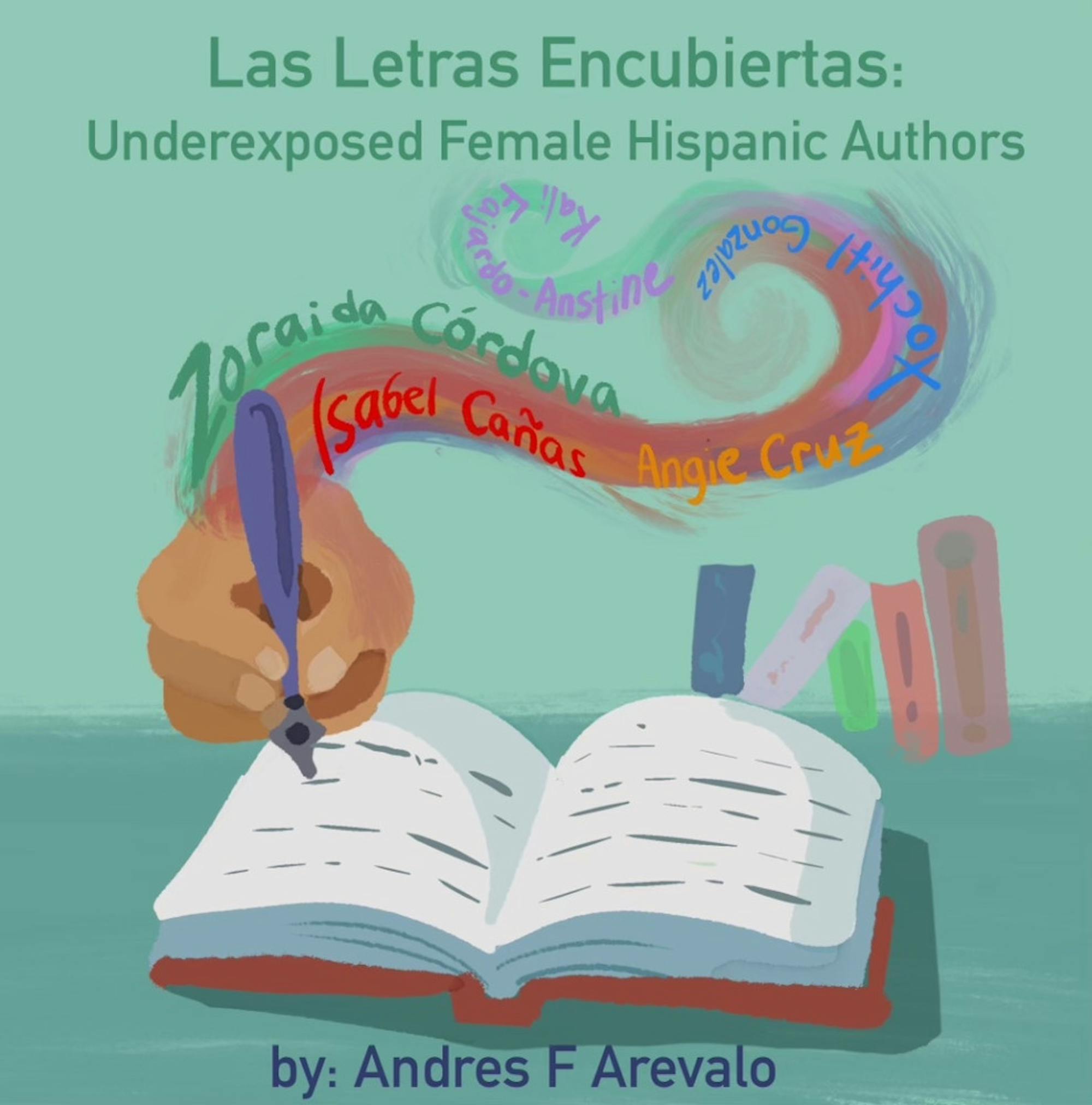In the last two years, a new name has forced itself into the contemporary Hispanic poetry canon and the world feminist literature, gaining speed and acclaim like nobody else: Luna Miguel. Originally born in Alcalá de Henares, Spain, Miguel quickly jumped into the Spanish writing scene with her work as a journalist, editor and director in several publishing houses and magazines. However, she is most widely recognized for her poetry collections, gaining fame all throughout Latin America and Spain. Some of her collections include “Poetry is not dead” (2010), “Poesía masculina” (2021) and “Pensamientos estériles” (2011).
“Pensamientos estériles” is the perfect example of Miguel's mastery of the Spanish language, rhythm and verse. The book is a poemarioof love poems that she wrote for her first spouse, writer Antonio J. Rodriguez. The collection provides a predestined set of pieces very carefully selected and ordered to create a working allotment for a birthday gift. Therefore, this collection is more than just a published text but a personal journal not originally intended for the eyes of the audience. A love letter and a present, the work is an immediate passage to the author’s perception of a gift and an intimate look into her previous relationship.Miguel presents her readers with a deep-seated portrait of herself at a level that few writers have dared to meet.
Her intimacy bleeds through her lines. Miguel talks about her life through the lens of love and inspects the world that has marked her life with it. She dismembers conservative ideas to reconstruct them under a whole different perspective, effectively motivating the reader to not only think about her experiences but to also reflect upon their own conception of love. Miguel writes about love not only as an idealized feeling but also as a biological emotion and earthly desire, all while planting her experience and her growth as a human in the middle of it. Take one of the first poems, “Mi madre se casó a los diecisiete años,” where Miguel talks about the cultural pressure placed on women to be married and have children young while she wants to be worrying about other things like her writing.
But the beauty of “Pensamientos estériles” comes not only from Miguel’s content but also from her extremely innovative style. Unlike some of the latest contemporary Hispanic poetry, Miguel turns back to the goal of creating a complete story in the least possible amount of words. Most of the poems in the collection are fewer than 10 lines long. With simple and few words, she creates strong and disturbing imagery that reaches far into the subconscious. You will often find yourself reading one of her poems over and over again. With her words, she cuts like a knife into what loving means to her as a woman and then into the inviolable interdependence between her writing, her lovers and her sexual desires. Miguel asks us to think about how we see our heart, and how we can use words to access our innermost fears of love: “Me aterra mi corazón / lo odio porque es tierno.”






